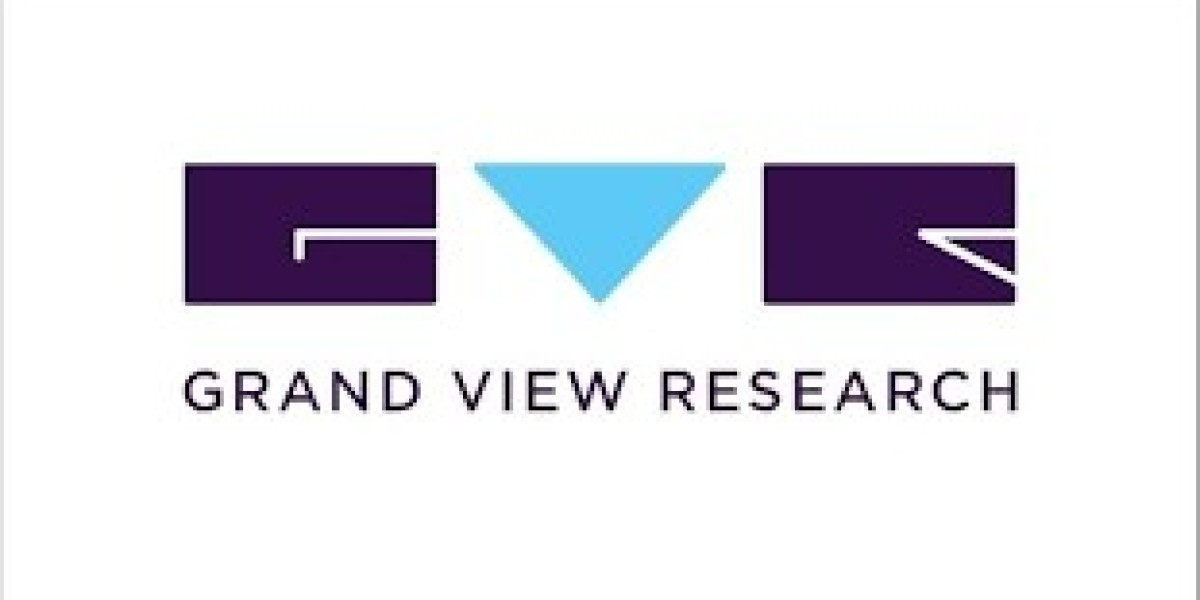The global marketing automation market was valued at USD 6.65 billion in 2024 and is projected to grow at a compound annual growth rate (CAGR) of 15.3% from 2025 to 2030. This robust growth is primarily driven by the increasing digitalization of industries, expanding internet penetration, and the widespread use of mobile devices. As businesses seek more efficient and scalable ways to reach and engage customers in a digital-first world, the demand for automated marketing solutions is growing rapidly.
Key factors propelling the market include the rising demand for personalized advertising strategies, which enable businesses to deliver targeted content based on individual consumer preferences and behaviors. Additionally, companies are placing greater emphasis on user retention to foster long-term customer loyalty and drive sustainable revenue growth. The need for a more data-driven and strategic approach to advertising is also prompting organizations to adopt marketing automation technologies that can analyze large datasets and provide actionable insights.
Furthermore, the increasing adoption of Internet of Things (IoT) devices, combined with the proliferation of big data and advanced analytics, is expected to further accelerate market expansion. Businesses are leveraging these technologies to automate processes, gain deeper customer insights, and optimize their marketing efforts across multiple channels. The growing focus on business process automation and real-time decision-making further underscores the relevance of marketing automation in modern enterprise ecosystems.
Marketing automation technology plays a crucial role in streamlining marketing efforts by eliminating repetitive and time-consuming tasks such as email campaigns, lead scoring, and social media scheduling. This enables marketing teams to focus on strategic initiatives, such as customer journey optimization, brand development, and cross-channel campaign orchestration. Core functionalities of these platforms often include lead generation and nurturing, customer lifecycle marketing, and enhanced retention strategies, making them indispensable tools in today’s competitive digital landscape.
In addition, changing consumer behavior is reshaping the way brands approach marketing. Consumers have become more informed, independent, and selective in how they receive and respond to marketing messages. Traditional sales and marketing tactics have become less effective as consumers increasingly seek information through digital channels, such as search engines, online reviews, blogs, and social media platforms. This shift creates an opportunity for companies to foster deeper, more authentic relationships with customers by delivering personalized and meaningful experiences.
Modern consumers expect seamless and contextually relevant interactions, and marketing automation empowers businesses to meet these expectations by delivering timely, tailored content across the buyer’s journey. In this context, the ability to delight customers and exceed their expectations has become a key differentiator for brands, positioning marketing automation as a strategic asset for long-term success.
Get a preview of the latest developments in the Marketing Automation Market? Download your FREE sample PDF copy today and explore key data and trends
Detailed Segmentation:
Solution Insights
In 2024, email marketing emerged as the dominant solution category, accounting for the largest revenue share of 26.7% in the global marketing automation market. Despite the proliferation of new communication channels, email marketing continues to be a highly effective and cost-efficient method for businesses to connect with their target audiences. Its success lies in the ability to personalize content, tailor messaging to specific audience segments, and automate delivery based on customer behavior and lifecycle stages. These capabilities not only enhance customer engagement but also improve conversion rates and campaign ROI, solidifying email marketing's critical role within broader marketing automation strategies.
Deployment Insights
On-premises deployment led the market in 2024, securing the largest revenue share among deployment models. This preference is particularly strong among large enterprises that prioritize data control, privacy, and regulatory compliance. On-premises solutions enable organizations to maintain complete oversight of their infrastructure, ensuring that sensitive customer data remains within internal systems. This is especially critical in highly regulated industries such as finance, healthcare, and government, where data protection requirements are stringent. While cloud-based solutions continue to gain traction, the security and customization benefits offered by on-premises models remain vital for certain enterprise clients.
Enterprise Size Insights
In terms of enterprise size, large enterprises dominated the market in 2024, contributing the highest revenue share. These organizations often operate across multiple regions and customer segments, necessitating complex, scalable marketing automation platforms to support their expansive marketing strategies. With larger budgets and access to more advanced technologies, large enterprises are better positioned to implement solutions that integrate AI-driven insights, predictive analytics, real-time personalization, and multi-channel orchestration. As customer engagement becomes more nuanced and competitive, large enterprises continue to invest heavily in sophisticated tools to maintain a competitive edge.
End-use Insights
The telecom and IT sector accounted for the largest revenue share in the marketing automation market in 2024. These industries face the unique challenge of managing large, diverse, and dynamic customer bases, often involving complex products, services, and usage patterns. Marketing automation tools help telecom and IT firms streamline customer communication, manage lifecycle engagement, and leverage data analytics for improved targeting and segmentation. With increasing emphasis on customer experience and service personalization, marketing automation plays a pivotal role in enhancing operational efficiency and delivering tailored user interactions across channels.
Regional Insights
North America led the global marketing automation market in 2024, capturing the largest regional revenue share of 43.6%. This dominance is largely supported by the region’s well-developed digital ecosystem, high internet and mobile penetration, and the early adoption of advanced technologies. The presence of a large number of technology providers, digitally mature enterprises, and marketing technology innovators contributes to a highly competitive environment where automation is key to success. Moreover, favorable economic conditions and strong investment in digital transformation initiatives continue to drive the adoption of marketing automation solutions across various industries in the region.
Key Marketing Automation Company Insights
Some key companies in the marketing automation market includeAct-On Marketing Automation, Brevo, ActiveCampaign, Adobe Systems Inc., Cognizant, and others.
- Act-On is a marketing automation software company founded in 2008. Act-On offers a comprehensive suite of marketing automation tools designed to help businesses create, measure, and refine their marketing campaigns. The platform includes features such as email marketing, advanced marketing analytics, lead generation, lead scoring, and marketing automation.
Key Marketing Automation Companies:
The following are the leading companies in the marketing automation market. These companies collectively hold the largest market share and dictate industry trends.
- Act-On Marketing Automation
- Brevo
- ActiveCampaign
- Adobe Systems Inc.
- Cognizant
- HubSpot, Inc.
- IBM Corporation
- Microsoft
- Keap
- Oracle
Recent Developments
- In October 2024, Bloomreach launched Rich Communication Services (RCS), revolutionizing SMS marketing by enabling two-way, interactive communication within native messaging applications.
- In August 2024, Shiprocket introduced Engage 360, a data-driven marketing automation platform aimed at enhancing the growth of MSMEs in India. The platform is designed to empower over 150,000 merchants by providing advanced marketing intelligence to improve customer loyalty and optimize marketing expenditures.
Order a free sample PDF of the Market Intelligence Study, published by Grand View Research.



